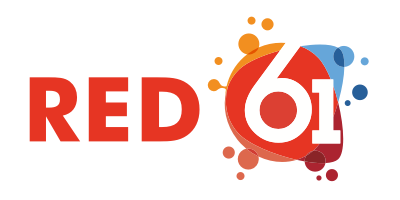Queerly Participant Interviews + Curator Interview!
Zack Calhoon interviewed several Queerly Festival participants for his series “People You Should Know!” We’ve pulled some especially interesting bits here and encourage you to read the full pieces.

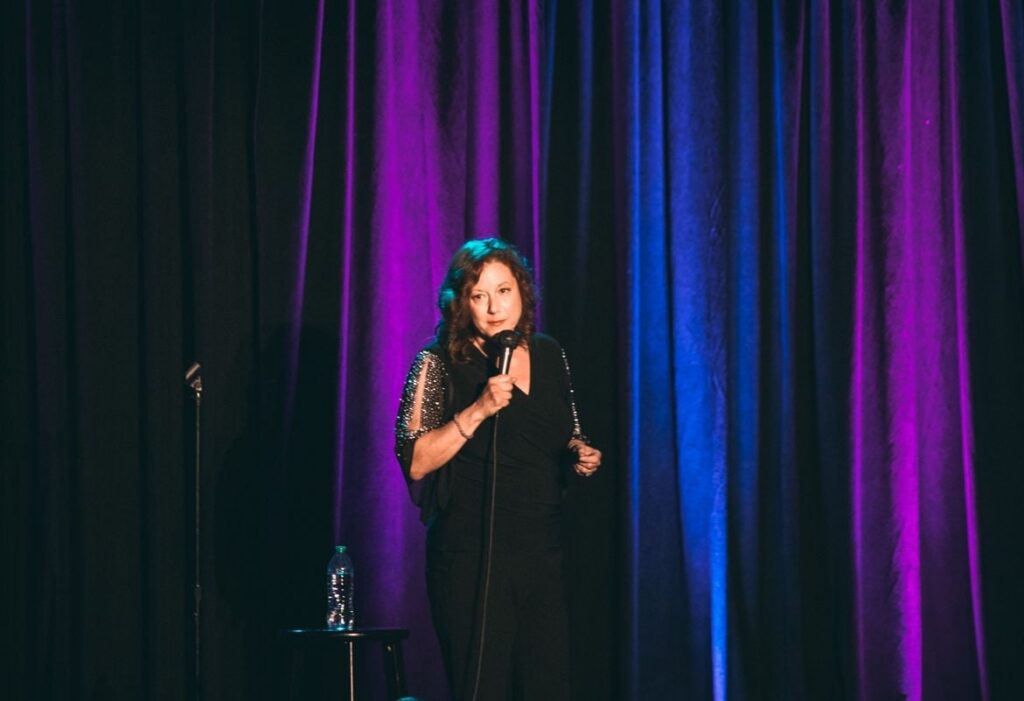
Name: Carole Montgomery
Show: Funny Never Gets Old
When did you know that you wanted to be a performer and director?
Since I was about 8 or 9, for being a performer. I decided to become a director after I got much older as I saw my comedy gigs starting to dwindle because of my age.
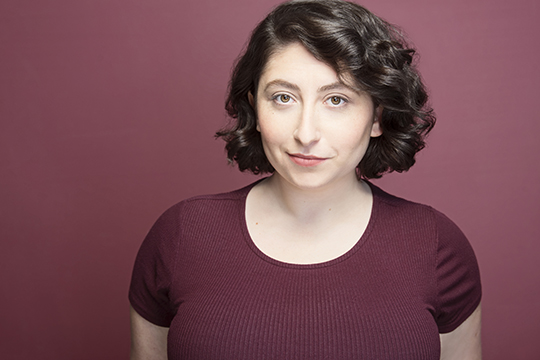
Name: Maggie Metnick
Show: Man Up
Who or what has been the biggest influence on your work as an actor thus far?
My biggest influence would probably be old Commedia dell’arte shorts my professors made me watch in college. The character in Man Up is inspired by Stephen Colbert and Matt Berry. More recently I’ve been inspired by Maria Bamford.
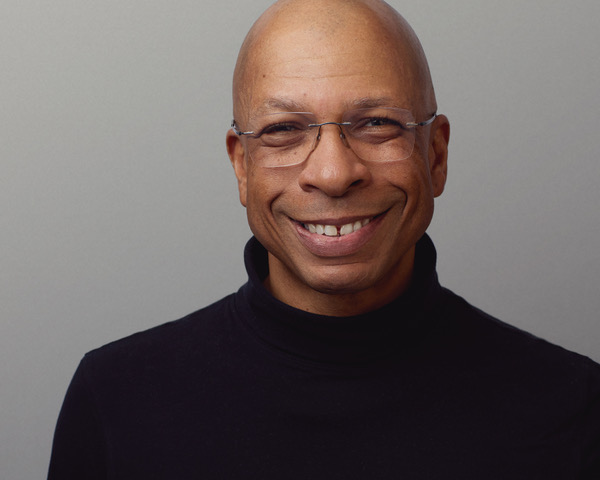
Name: Cassel
Show: JOSIAH
How have you been holding up during the pandemic?
I am coming around now. . . . The pain of ripping off the Band-Aid of gas lighting is waning as I come to terms with the racial indiscretions and degradations endured that had been subdued or dismissed because, well, I bought into the lie that there was no racism in Canada; we were not like the States.
We were just about to begin a tour of JOSIAH when we were all locked down. Uncertain of the duration of this inconvenience, there was still hope to continue the touring. Then George Floyd was murdered and all hell broke loose. We realized that this “Covid thing” was serious and that it was going to last for a while. Black Lives Matter burst into our collective consciousness, and the curtain of lies concealing the morally decrepit wizardry was pulled back to reveal the naked deformity of systemic racism.
With time to focus intently on the current issues, I began to understand that I had drunk the Kool-Aid; liters of it. Memories of the past fifty years of living in Canada (we left Jamaica on my seventh birthday) began to resurface. . . . I was angry, depressed and confused for about a year and then, through the show, it began to change. I began to realize that it was pointless for me to sit and stew in my anger and that I had this viable vehicle that addresses the very nature of these disturbing issues. Pandemic restrictions began to lift. Third vaccinations were administered and we could begin to hope again a little. That was enough to jump full swing into the show and find a way to use it to spread the word about Josiah Henson, and how, though not directly enslaved, we are still facing similar issues of race discrimination, hate crimes, police brutality, inequity and injustice.
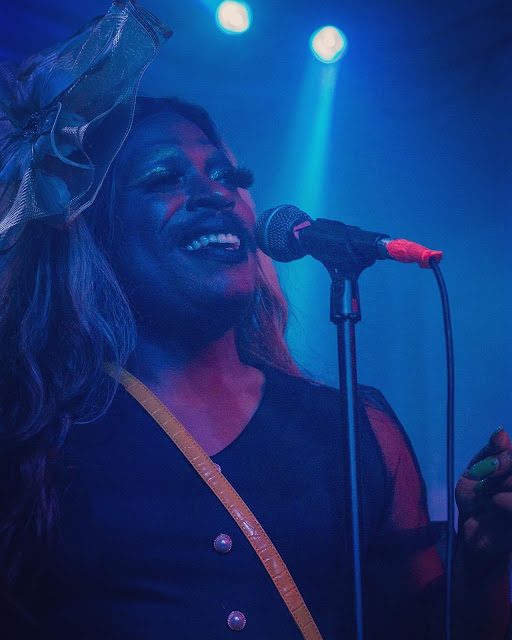
Name: Lena Horné
Show: Come What May: An Evening With Lena Horné
Tell me about Come What May. What do you love most about working on the show?
“Come What May” is a lens into my spirit. The music and lyrics were all carefully curated by me to take the audience on a journey, a journey from my digital beginnings in drag all the way to this beautiful moment at the Queerly Festival. I’m in love with the surprises along the way. The chords that grab me from time to time, painting an even more detailed picture than I ever could. The smiles as I reminisce in the moment. The vulnerability I didn’t know I had.
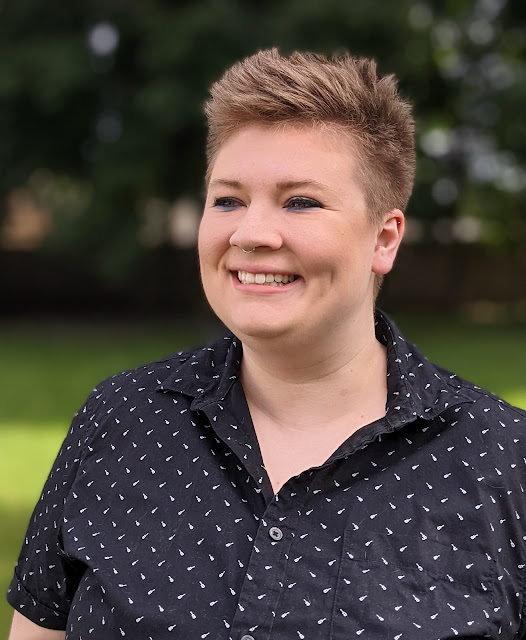
Name: Sam Kaseta
Show: KINGS
When did you know that you wanted to be a writer?
I’ve wanted to be a writer and composer since I was very young. Writing was my escape from a young age, when I always cast myself as the knight in shining armor – or alternatively, as the gender-confused outcast. In terms of music, I remember sounding out church hymns on our electric keyboard and analyzing what made the songs sound a certain way. This habit continues in my current practice of score study.
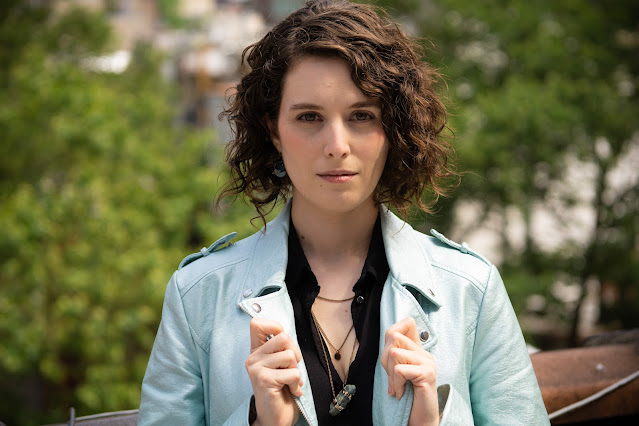
Name: Marie Anello
Show: Spektorology
Tell me about Spektorology. What do you love most about working on the show?
What I’ve loved most about working on this show is realizing that I could actually pull it off! This has been the culmination of so many years of learning how to say yes to my own creative instincts. I’d always dreamed of building a show around Regina Spektor’s music, but I kept finding excuses not to pursue it (It’s too weird! I should do something more mainstream! I’m not ready! Etc, etc.). Suddenly, the minute I committed to doing the show, all the pieces started falling into place right away. My collaborators Chevy Lace and Stephen Murphy jumped in with so much enthusiasm and their support really helped me realize that I was actually going to be able to make this show what I wanted it to be. This whole process has really taught me how to get out of my own way and do the dang thing!
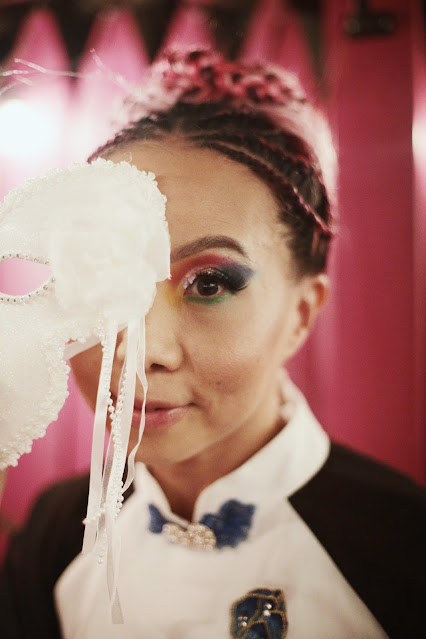
Name: Fortune Cookie
Show: Books and Burlesque: An Evening of Lore & Allure
What else are you working on right now?
I am working on trying to incorporate my two ridiculously cute purebred ragdoll cats into a burlesque show somehow but I need to first find a venue that will allow live animals. I am also working on finishing some short stories to submit for publication and planning to read a mountain of books this summer as I work on dreaming up the next BOOKS AND BURLESQUE show with my co-producer Rosie Tulips.

Outside of “People You Should Know,” Queerly curator, FRIGID staff member Jimmy Lovett, was interviewed for Hollywood Soapbox.
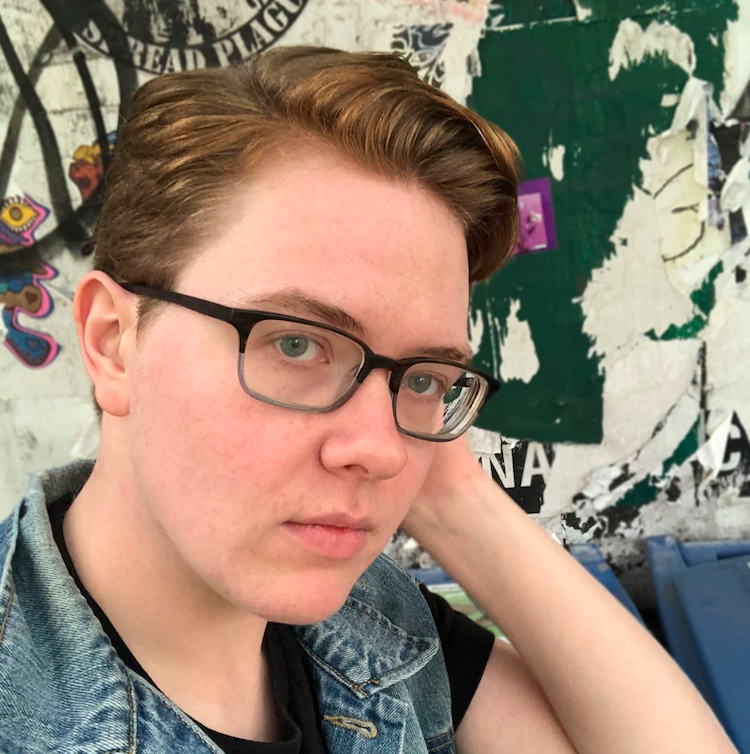
Name: Jimmy Lovett
Show: None of them or all of them, depending on how you look at it
How important is it for the arts to celebrate Pride month (and Pride throughout the year)?
Queer culture and the arts have heavily overlapped for a long time, especially in the New York theatre and arts scene. The arts have provided an avenue for queer people to express themselves for generations, even when that expression had to be coded or metaphorical. Theatre is a space where it’s more socially acceptable to explore identity and emotion, and theatre in the Village in particular provided a sanctuary for countless queer people over the years.
Celebration of queerness in theatre is also meaningful to me personally. As a queer person I have met so many other queer people through my work in the theatre. It’s a place where I’ve made friends and found community. The Queerly Festival gets to help other queer artists find that community as well.
Honestly I’m not sure where Pride would be without the arts. The clothes and costumes, the parade floats and the music, the dancing and the drag shows — all of these are art. Even banners and signs held high in protest of the treatment of LGBTQAI+ people are a kind of art. Art is how we express ourselves and how we share our stories, and queer representation matters.

